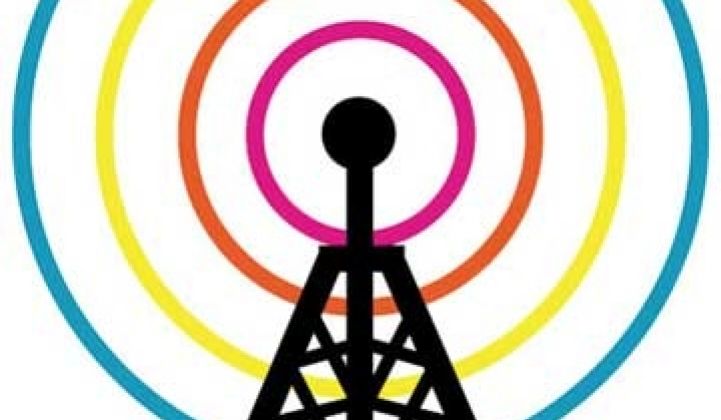SmartSynch wants you to know that cellular is here to compete in home smart metering,
The Jackson, Miss.-based company and AT&T recently completed their first residential smart meter pilot. The 10,000-meter trial with Texas-New Mexico Power reported a 99.96 daily read rate since its inception last fall with readings carried out in 15-minute intervals.
"The success of this deployment completely validates using public wireless networks for residential smart metering," Stephen Johnston, SmartSynch's chief executive officer, said in a statement.
However, the pilot is still far smaller than many of the other meter rollouts currently going on. Pacific Gas & Electric, for example, has already deployed 5.5 million meters, and Florida Power & Light has plans to install more than 4 million meters.
Public cellular networks are already used by many utilities for back-end communications, which would make them a seemingly obvious choice for connecting home smart meters to the utilities; however, most residential smart meter deployments so far have used radio frequency mesh systems.
There have been concerns over the cost issues associated with cellular networks, but Johnston says that is changing.
"Now that this technology is cost competitive, it's hard to envision a utility choosing a more complex, costly and proprietary alternative," said Johnston. "The advantages of using public wireless smart metering technology are becoming indisputable."
However, not everyone agrees. Certainly vendors such as Silver Spring Networks and Trilliant that use wireless mesh or Grid Net, which supports WiMax and advanced broadband, would debate whether the case for cellular is closed.
Radio mesh giant Silver Spring is arguably the front-runner of smart grid network providers with contracts in California, Texas, Australia and various other places, while General Electric is also still sticking with WiMax. SmartSynch recently partnered with the Tennessee Valley Authority to serve as the communications backbone for its renewable program, suggesting that its open, cellular-based system is gaining a fan base.
Let the debate continue.
Networking/AMI

SmartSynch Continues to Make the Case for Cellular
After a successful trial using cellular networks for home metering systems, SmartSynch says cellular is here to stay.

SmartSynch Continues to Make the Case for Cellular
-
41Where Will DOE’s Loan Program Make the Next Climate Tech Investments?
-
15What the Frack Is Happening With Natural Gas Prices?
-
9With an Energy Crisis Brewing, No Peak in Sight for Emissions



